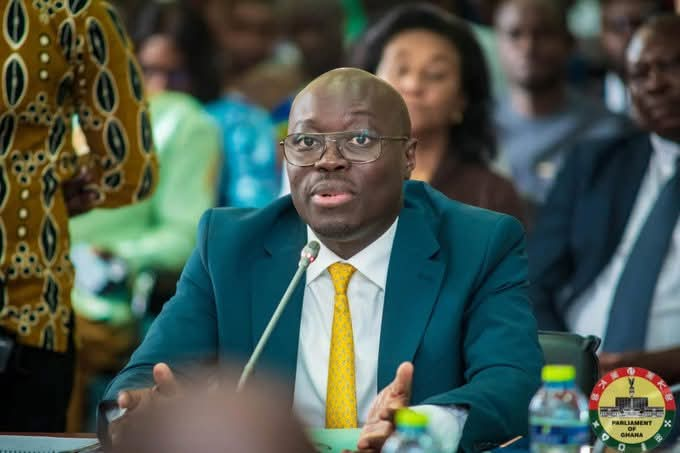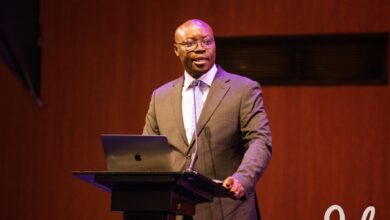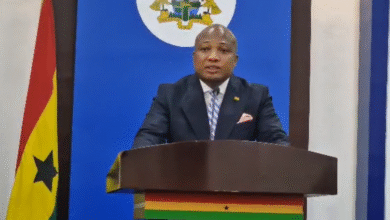Ghana Secures $370 Million IMF Disbursement in Key Economic Agreement
Strengthening Ghana’s Economy: IMF’s $370 Million Deal Marks Progress in Fiscal Reforms

- Ghana secures financial support from the IMF to aid its economic recovery
- Strong performance in mining and construction boosted Ghana’s growth in 2024
- Government implements bold reforms
The International Monetary Fund (IMF) and the Government of Ghana have reached a staff-level agreement on the fourth review of Ghana’s three-year Extended Credit Facility (ECF)-supported program, paving the way for a significant $370 million disbursement.
This agreement, pending approval by the IMF Executive Board, is part of the broader financial support Ghana is receiving under a 36-month ECF arrangement approved in May 2023 for a total amount of approximately $3 billion.
The announcement comes after an IMF mission led by Stéphane Roudet, IMF Mission Chief for Ghana, who visited Accra from April 2 to April 15, 2025. This partnership has been crucial in assisting Ghana’s efforts to stabilize its economy.
Roudet highlighted the country’s achievements, particularly in the mining and construction sectors, which drove a stronger-than-expected economic growth in 2024. He also emphasized Ghana’s improved external position, bolstered by solid export performance, especially in gold, and a rise in remittances.
“Ghana’s growth in 2024 surpassed expectations, mainly driven by mining and construction. The external sector has also shown considerable improvement, with strong exports—particularly gold—and higher remittances,” stated Roudet. “As a result, international reserves have significantly exceeded targets under the ECF-supported program.”
However, despite these positive developments, there were setbacks toward the end of 2024, including fiscal slippages linked to the general elections, inflation overruns, and delays in key reforms. The IMF noted that these challenges impacted the overall performance under the program, highlighting the accumulation of payables and delayed policy actions in several sectors.
In response, Ghana’s new administration has implemented bold measures to restore economic momentum. These include introducing a more disciplined budget for 2025, launching public financial management reforms, and auditing payables to address the fiscal slippage.
The government has also committed to structural reforms focused on enhancing governance and transparency, particularly in the management of state-owned enterprises in the gold, cocoa, and energy sectors.
Additionally, the IMF praised Ghana’s continued commitment to its debt restructuring efforts under the G20 Common Framework, acknowledging progress in finalizing bilateral agreements to restore public debt sustainability.
“Ghana remains committed to completing its comprehensive debt restructuring, and the focus is now on finalizing the bilateral agreements. This will play a crucial role in ensuring fiscal sustainability and economic recovery,” added Roudet.
As part of the IMF’s support, monetary tightening measures, including recent policy rate hikes by the Bank of Ghana, are expected to help control inflation.
With the staff-level agreement in place, Ghana is one step closer to securing the $370 million disbursement, which will provide much-needed financial relief and support ongoing efforts to stabilize and grow its economy.
IMF staff held discussions with key government stakeholders, including Finance Minister Dr. Cassiel Ato Forson and Bank of Ghana Governor Dr. Johnson Asiama, to ensure continued cooperation and transparent engagement in advancing Ghana’s reform agenda.





